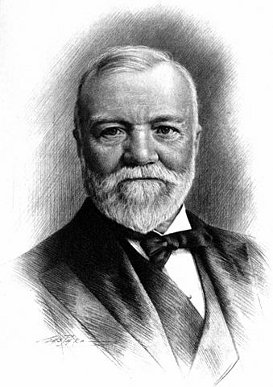Expressions banned from use in New Zealand parliamentary debate:
1933
Blowfly-minded
1943
Retardate worm
1946
Clown of the House
Idle vapourings of a mind diseased
I would cut the honourable gentleman’s throat if I had the chance
1949
His brains could revolve inside a peanut shell for a thousand years without touching the sides
1957
Kind of animal that gnaws holes
1959
Member not fit to lick the shoes of the Prime Minister
1963
Energy of a tired snail returning home from a funeral
1966
Shut up yourself, you great ape
Snotty-nosed little boy
You are a cheap little twerp
Ridiculous mouse
1974
Could go down the Mount Eden sewer and come up cleaner than he went in
Dreamed the bill up in the bath
Frustrated warlord
The full list is here. In brighter news, saying that a fellow member “scuttles for his political funk hole” was deemed allowable in 1974.



